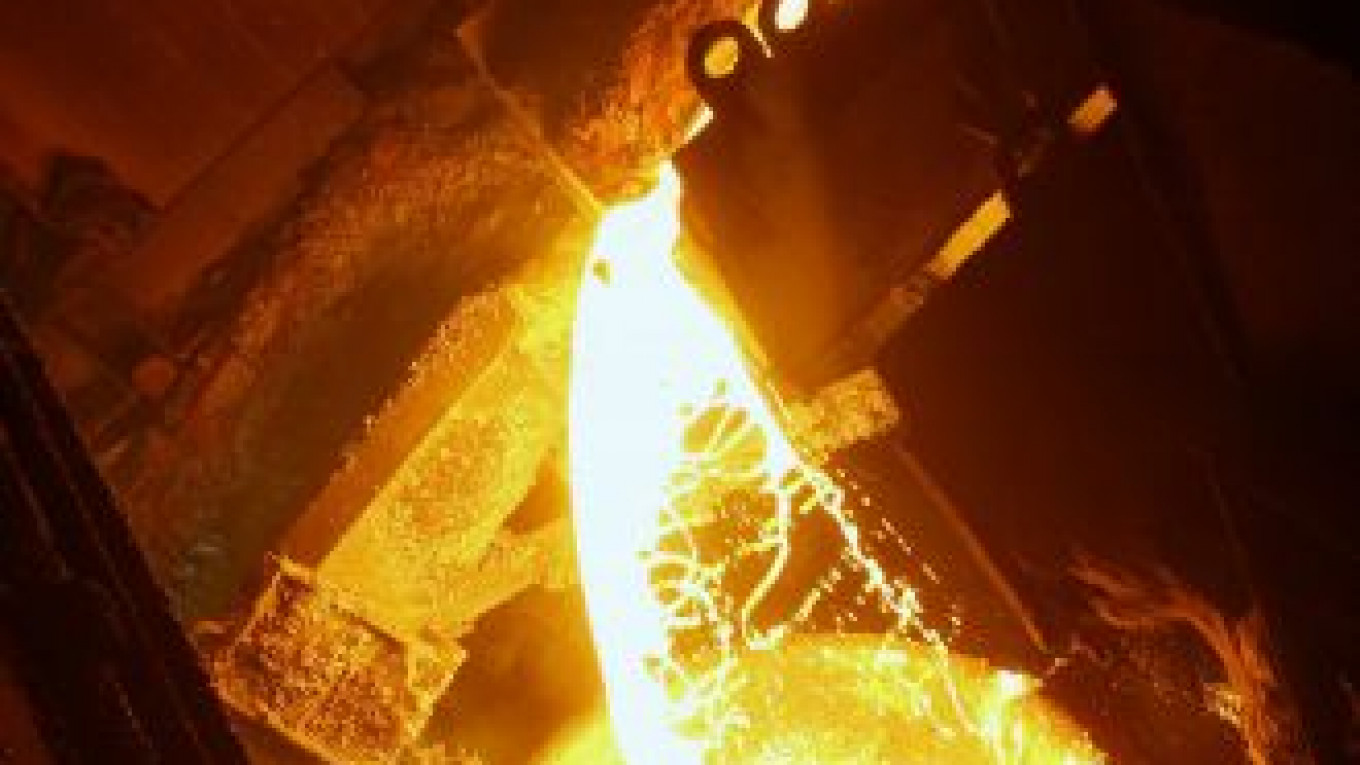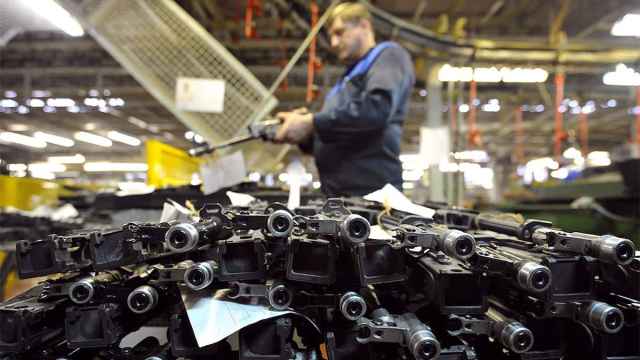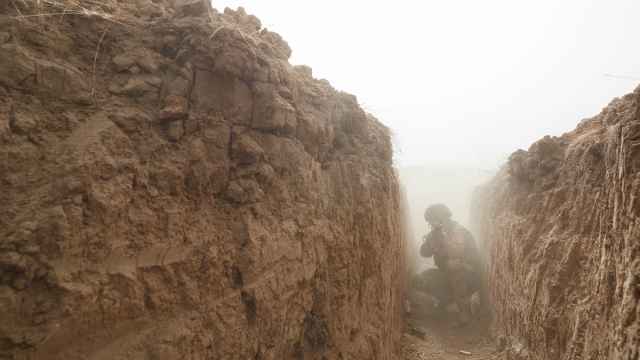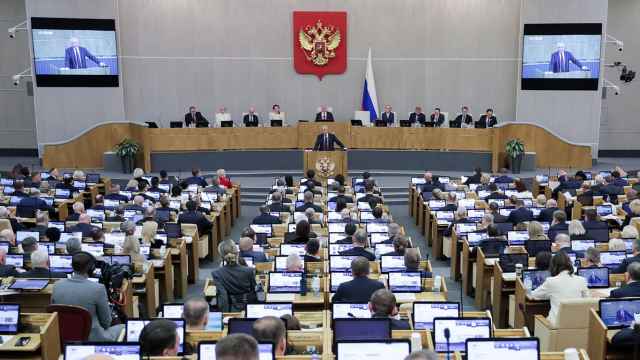The steel sector is joining the global race for key raw materials as prices rise, developing assets in remote locations at home while bidding for mines abroad, where competition from global rivals is intense.
Severstal has made several moves in Africa this year. It has raised its stakes in two gold miners active on the continent, and in May it said it would buy 16.5 percent of Core Mining, which holds the rights to iron ore mines in Gabon and the Republic of Congo.
“Certainly, our priority is raw materials,” chief executive Alexei Mordashov said last month.
“At this time I am not prepared to say how much we plan to invest, as it all depends on the quality of the projects,” he said.
“We want to start with raw materials — mainly iron ore and possibly coal — and we are already involved in gold production,” he added.
Though the trend toward internationalization is likely to continue, there are disadvantages for steel companies in moving beyond the borders of resource-rich Russia.
Bidding against Chinese and other global rivals for licenses pushes up ore prices, while investing heavily in Africa exposes the companies to risks from dealing with unstable governments.
“Russian companies are likely to be cautious when they buy on the global market, said John Campbell, a metals and mining expert at PricewaterhouseCoopers.
“However, they will want to continue to expand globally and look for strategic opportunities,” he said.
“China’s influence will cause volatility in pricing for raw materials, and Russian companies will try not to get priced out of the market,” he said.
He said iron ore mined in Africa will be shipped to Russian-owned mills and other buyers in Europe and North America.
“It’s not so much a Russian strategy as part of the global strategy of some of the major Russian steel companies, as they have operations in North America and Europe.
“In terms of the logistics, this will give them assets that will provide better logistical access to their fabricating facilities located in end markets,” Campbell said.
The recent surge in prices for iron ore and coking coal, used to fuel pig iron production in blast furnaces, has encouraged steel producers to expand their resource base.
“The global market itself is experiencing some shortages of iron ore and coking coal,” UralSib analyst Dmitry Smolin said.
“It’s due to China producing more steel and consuming more raw materials, mainly for steel produced in blast furnaces,” he said.
Russian coking coal prices have also risen after a May mine accident sharply reduced output of a key grade.
World spot iron ore prices rallied more than 50 percent between February and April as resurgent demand, coupled with a decision by Vale, Rio Tinto and BHP Billiton to switch to quarterly contract prices, drove prices higher.
Rising prices have put West Africa on the map as a resource producer, with Vale, Rio Tinto, Chinalco and other global majors set to invest more than $10 billion there.
So far, Severstal and rival Evraz are the only Russian producers active in the African iron ore sector, though Smolin says others will likely follow its lead in the long term.
“Africa should become one of the major players in the global iron ore market,” he said.
In North America, Russian steel has invested largely in production assets and coking coal projects, with Severstal and Mechel purchasing mines in the last two years.
While Russian steel is taking its first steps in the global race, the bulk of its mining sector investment still takes place at home, although new projects are often far from traditional mining centers such as the Kuzbass region.
This means that the advantage of relatively uncompetitive government tenders is now balanced out by the large-scale infrastructure investment required to transport output.
One example is Mechel, which in 2007 won a tender for the Elga coal deposit in the Sakha republic for $2.3 billion, and said it would need to invest a further $3 billion in the mine and rail infrastructure needed to bring the project online.
“If Russian companies want to develop iron ore or coal projects, the challenge is one of infrastructure, as these remote areas are not connected to rail lines,” Campbell said.
A Message from The Moscow Times:
Dear readers,
We are facing unprecedented challenges. Russia's Prosecutor General's Office has designated The Moscow Times as an "undesirable" organization, criminalizing our work and putting our staff at risk of prosecution. This follows our earlier unjust labeling as a "foreign agent."
These actions are direct attempts to silence independent journalism in Russia. The authorities claim our work "discredits the decisions of the Russian leadership." We see things differently: we strive to provide accurate, unbiased reporting on Russia.
We, the journalists of The Moscow Times, refuse to be silenced. But to continue our work, we need your help.
Your support, no matter how small, makes a world of difference. If you can, please support us monthly starting from just $2. It's quick to set up, and every contribution makes a significant impact.
By supporting The Moscow Times, you're defending open, independent journalism in the face of repression. Thank you for standing with us.
Remind me later.






